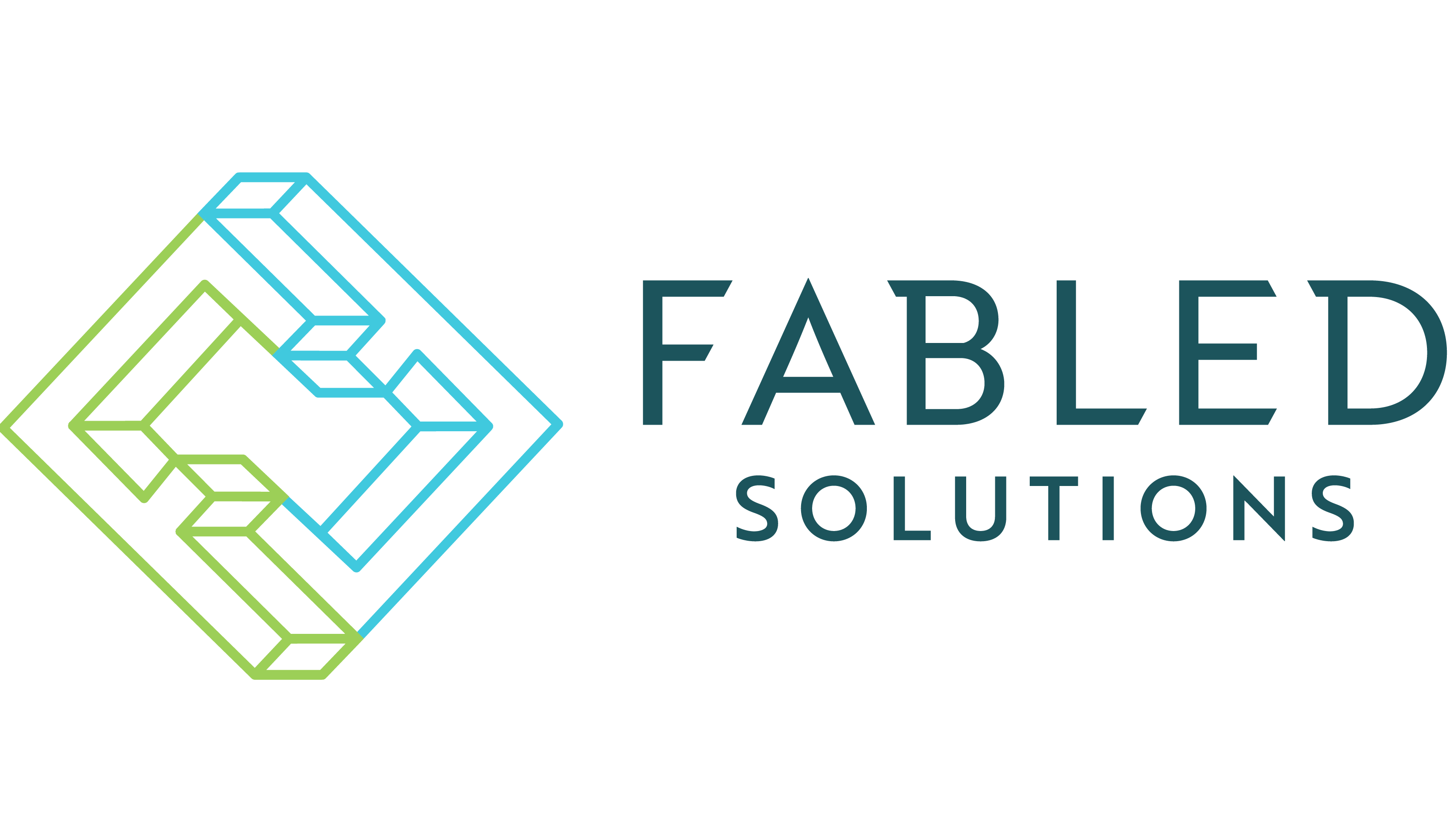Technology is ever-changing – anyone in the industry knows this very well.
As developers, we know it’s a constant race to keep up. The rise of AI (Artificial Intelligence) has been one of the most transformative changes to date. With this transformation, there have been fears and myths surrounding the idea that AI might replace developers.
Before we let our imaginations run wild, let’s bust some common beliefs and shed light on the reality of AI in the development industry.
Belief #1: AI Will Take Over All Technical Jobs
One of the most common beliefs is that AI will take over all technical jobs. The truth is very different from this. AI is not meant to take the place of developer creativity, intuition, and problem-solving skills; it is meant to automate laborious activities in technical disciplines. In fact, it is increasingly used to support developers and lighten their job.
AI automates processes like testing, debugging, and code reviews, freeing developers to concentrate on more creative work. This may result in quicker software development cycles and higher-caliber software. It’s a tool that improves human capabilities, increasing our productivity and efficiency at work, not a tool to replace it.
Belief #2: Using AI Effectively Requires Understanding Data Science
Another widespread misconception that frequently intimidates people is that using AI effectively requires a thorough understanding of data science – this is not always true. For instance, applications can be powered by pre-trained models that can be accessed through APIs without the need for data science or machine learning expertise.
The integration of machine learning is not necessary for AI-powered experiences like voice assistants or chatbots because they use natural language processing to comprehend and react to user input.
The impact of AI is far-reaching, transforming businesses and industries by enabling automation, improving decision-making, and unlocking new insights from data. In the development industry, AI is already transforming how we work, driving efficiency, and improving outcomes.
New roles are emerging as AI technologies evolve, like the Prompt Engineer, who is responsible for creating “good prompts” for language models. There are new opportunities to optimize and automate, making our work lives easier and more efficient.
One of the most exciting developments in AI is the rise of no code/low code AI platforms. These platforms empower anyone to build AI applications, regardless of their technical skills, bringing technical and non-technical users closer together.
This democratization of AI enables both technical and non-technical users to contribute to the software development process, streamline business processes, and accelerate innovation.
As powerful a tool as AI is, it is not a replacement for human creativity and ingenuity. It can help us generate ideas, but it is up to us to decide how to use them.
As developers, we have a pivotal role to play in shaping the future of AI and ensuring that it is used responsibly and effectively. By staying informed about AI advancements and exploring potential applications in our fields, we can continue to drive innovation and creativity.
Written by: Drew Bindon – Managing Director

